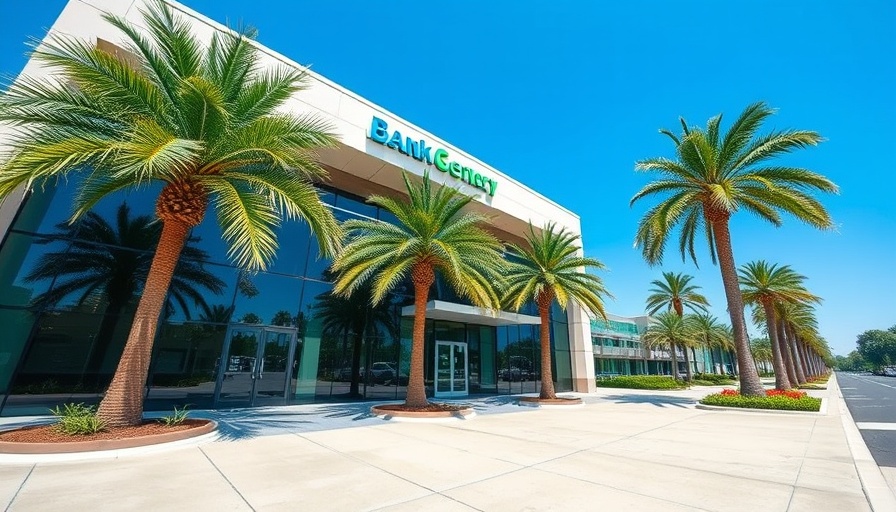
Kenyan Banks Turn Up the Heat on Loan Recovery
As household debt stress continues to rise, Kenyan banks are ramping up their efforts to recover overdue loans. The pulse of the nation’s financial landscape is changing, moving from a lenient approach during the pandemic, where repayment concerns were temporarily set aside, to a more aggressive debt collection strategy.
The Central Bank of Kenya has recognized a troubling surge in personal and household loans classified as non-performing, with predictions that 33% of banks surveyed expect defaults to rise in the coming months. This signals a cautious but determined shift in lending practices as financial institutions become increasingly risk-averse.
Understanding the Impact on Borrowers
This shift is directly impacting the lives of borrowers across the country. Many are now receiving unexpected phone calls from debt recovery agents while grappling with the mental strain of constant uncertainty. Affected individuals report that payments are being deducted automatically from their accounts, leaving little room for personal spending or savings.
“Every time I get paid, a part of it just disappears,” shared one borrower, who is on a tight financial leash due to their existing loans. Such experiences illustrate the rising anxiety among those who took loans in past years, thinking they had time to repay.
What’s Behind the Change?
The renewed focus on loan recovery can be attributed to two key factors: regulatory pressure and a need for banks to clean up their loan books. These factors converge to create a new reality for Kenyan banks, where the leniency of previous years is being replaced by rigorous collection tactics. Although regulatory bodies aim to ensure consumer protection, many borrowers perceive this heightened pressure as a breach of trust.
The Role of Technology and Digital Solutions
The fintech sector is noting this change with keen interest. As traditional banks tighten their grip on loan recovery, digital lenders are entering the fray by offering targeted repayment deals that may appeal to defaulters facing financial hardship. This evolving landscape presents a dual-edged sword; while borrowers may find solutions through digital platforms, they must also navigate a maze of options that can be overwhelming.
Building Trust is the Way Forward
Improving communication around loans is essential for rebuilding trust between borrowers and their banks. A seamless blend of technology could enable clearer communication regarding dues and repayment schedules, empowering users to regain control of their financial futures. Only through transparency can the banking system restore confidence among Kenyans.
Amidst tight budgets and increasing pressures, understanding these dynamics of loan recovery is vital not just for borrowers, but for fintech innovators seeking to provide meaningful solutions in Africa’s evolving financial landscape.
As financial practices evolve, the ability to adapt to rapid changes in Kenya’s loan landscape will be crucial for both businesses and everyday citizens. The banking community's response today will set the tone for how finance operates in the region tomorrow.
 Add Row
Add Row  Add
Add 


Write A Comment